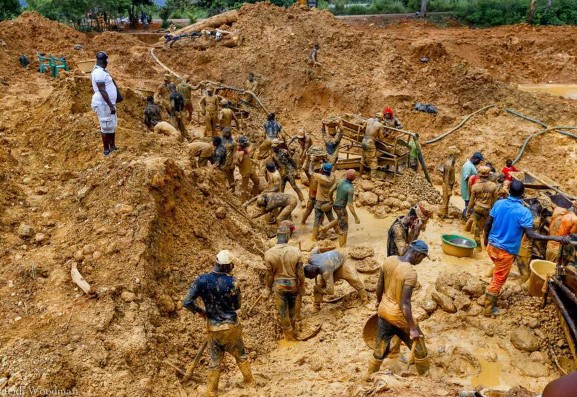
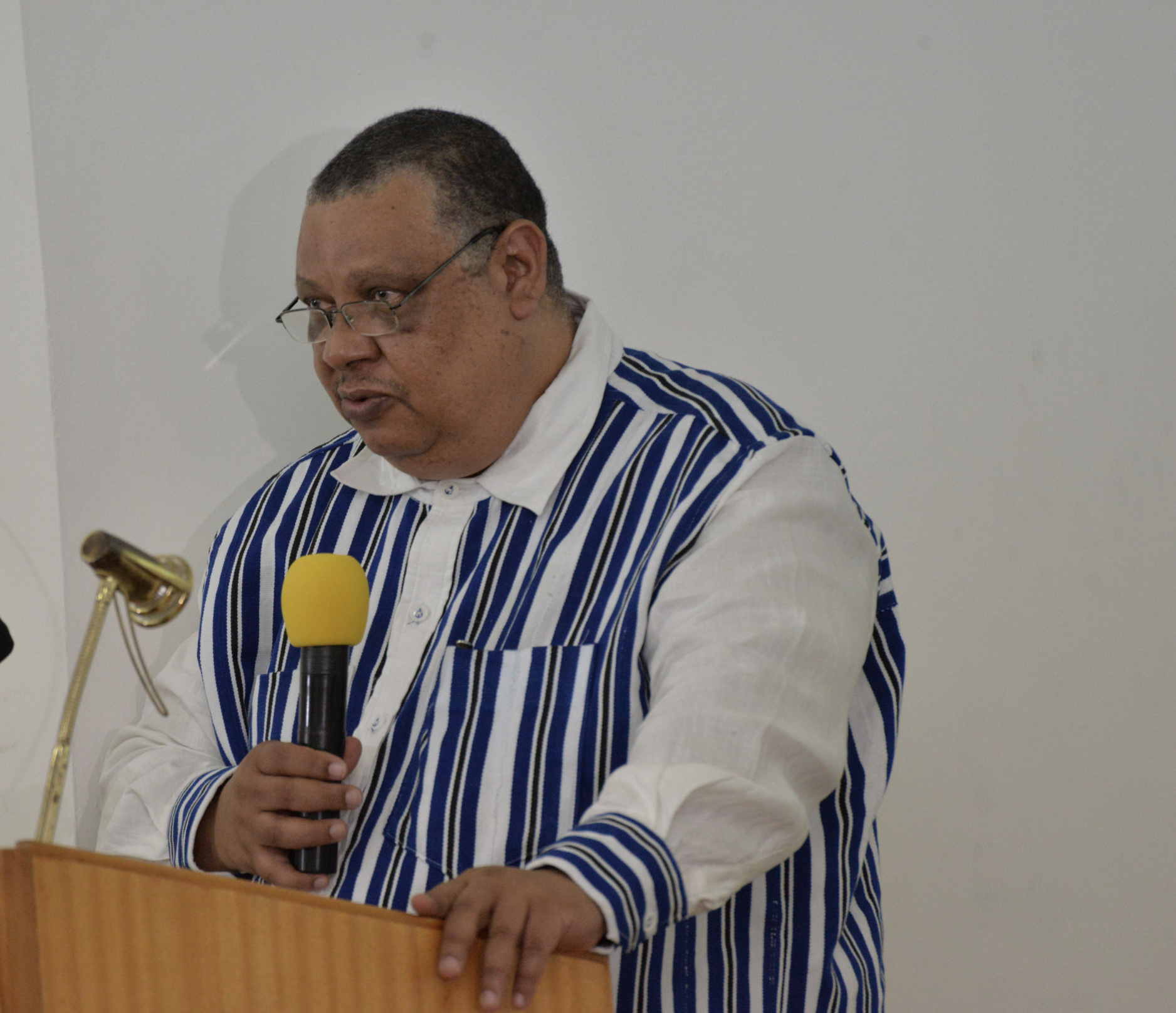
Environmental scientist and former Director of the Institute for Environment and Sanitation Studies at the University of Ghana, Professor Christopher Gordon, has called on Ghanaian youth to voice their concerns over the destruction caused by illegal mining, locally known as galamsey.
He urged young people to hold the older generation accountable, demanding an end to environmental destruction to safeguard the future for coming generations. His comments come barely a month after thousands of Ghanaian youth undertook a three-day protest, branded FreeTheCitizens and SayNoToGalamsey, to push for urgent action against illegal mining and the release of the 53 anti-galamsey protestors from Democracy Hub.
In a keynote address at the Achimota Speaks event on Wednesday, 13 November 2024, themed “Ghana’s Death by Galamsey; Who Will Bell the Cat?” Professor Gordon underscored the severe health and environmental risks of illegal mining, attributing the crisis to “greed.” He encouraged the youth to use social media as a tool for advocacy and commended musicians Deborah Vanessa and Okyeame Kwame for their activism in protecting the environment.

Additionally, the environmental scientist advised traditional authorities to follow the ‘Otumfuo principle’ of de-stooling chiefs who fail to protect their lands and urged them to play a frontline role in defending their territories from galamseyers. He stressed, “Harnessing traditional authority is crucial because I believe the power of our chiefs is so important.” He further added, “The chiefs must stand up for what they are supposed to do. As custodians of the land, they are responsible for its preservation.”
In Ghana, galamsey refers to unregulated, small-scale gold mining activities that proceed without official permits or oversight. The term originates from the phrase “gather them and sell,” capturing the informal and often unlawful nature of these operations. Galamsey has led to widespread environmental degradation, with around 60% of Ghana’s rivers, including the Oda, Offin, Prah, and Densu rivers, heavily polluted with mercury and cyanide. Deforestation, soil erosion, and water contamination from these activities pose severe, long-term risks to ecosystems and public health.
Read Full Story







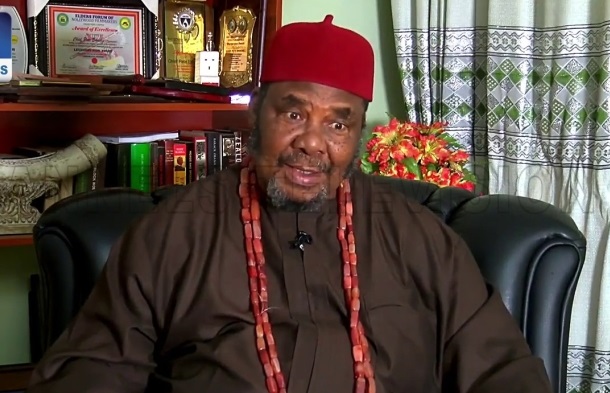

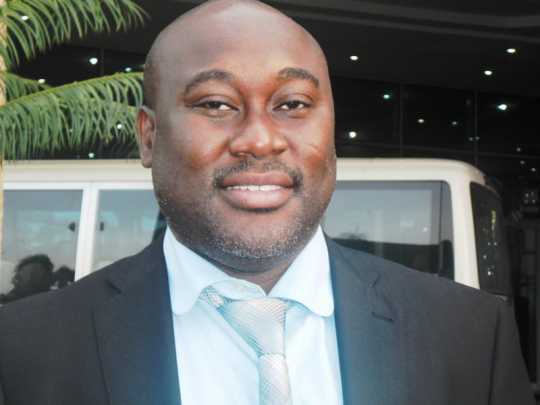





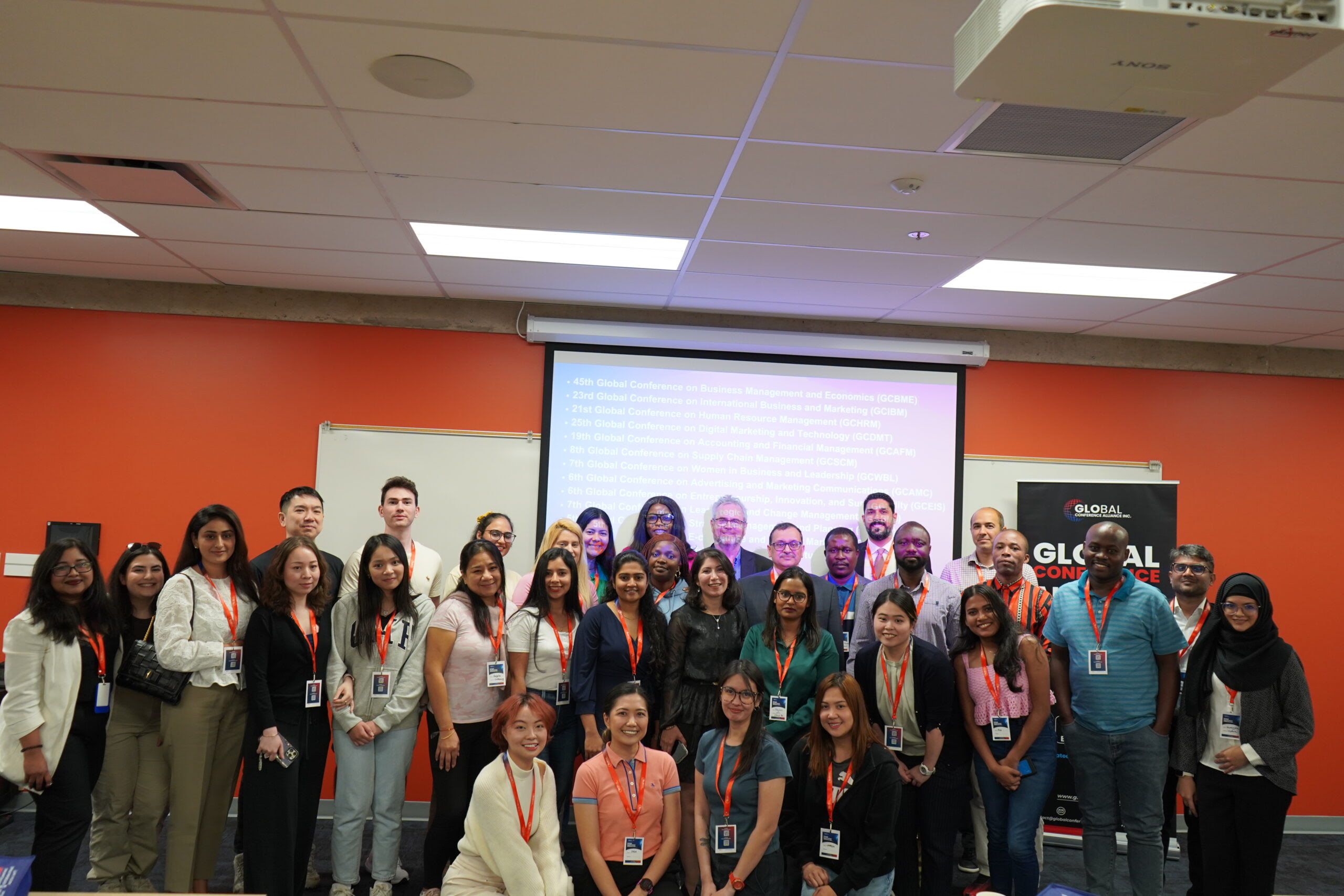






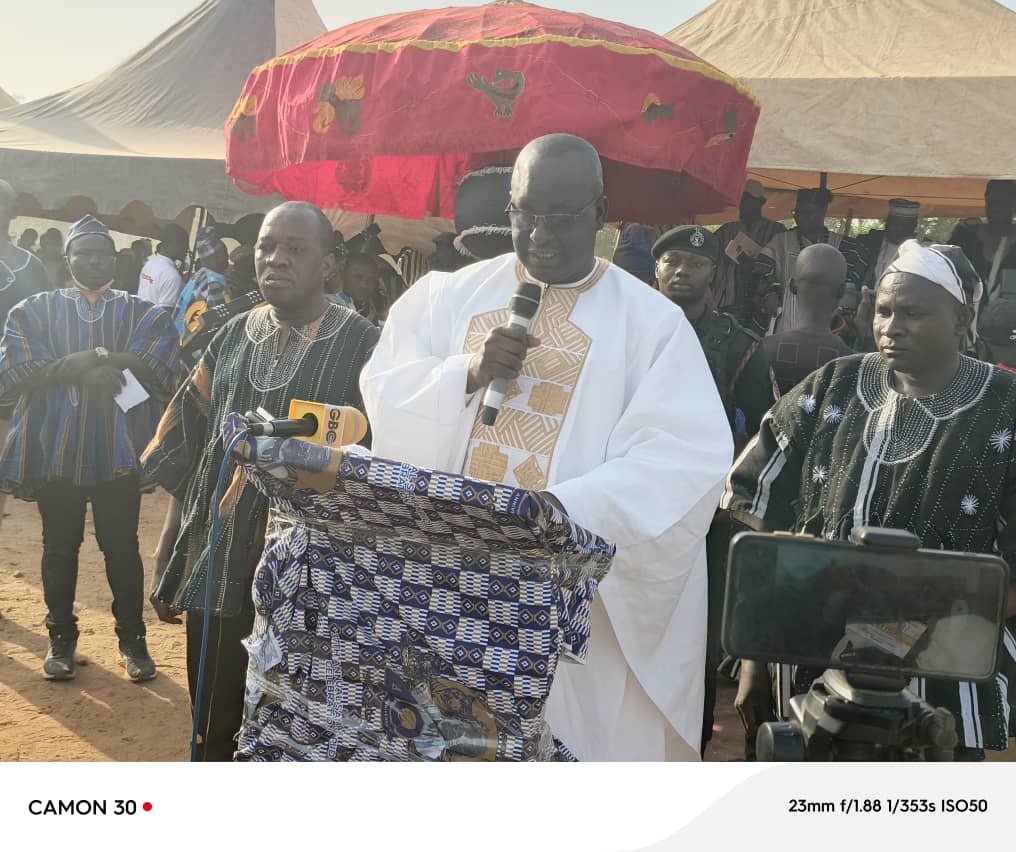

Facebook
Twitter
Pinterest
Instagram
Google+
YouTube
LinkedIn
RSS